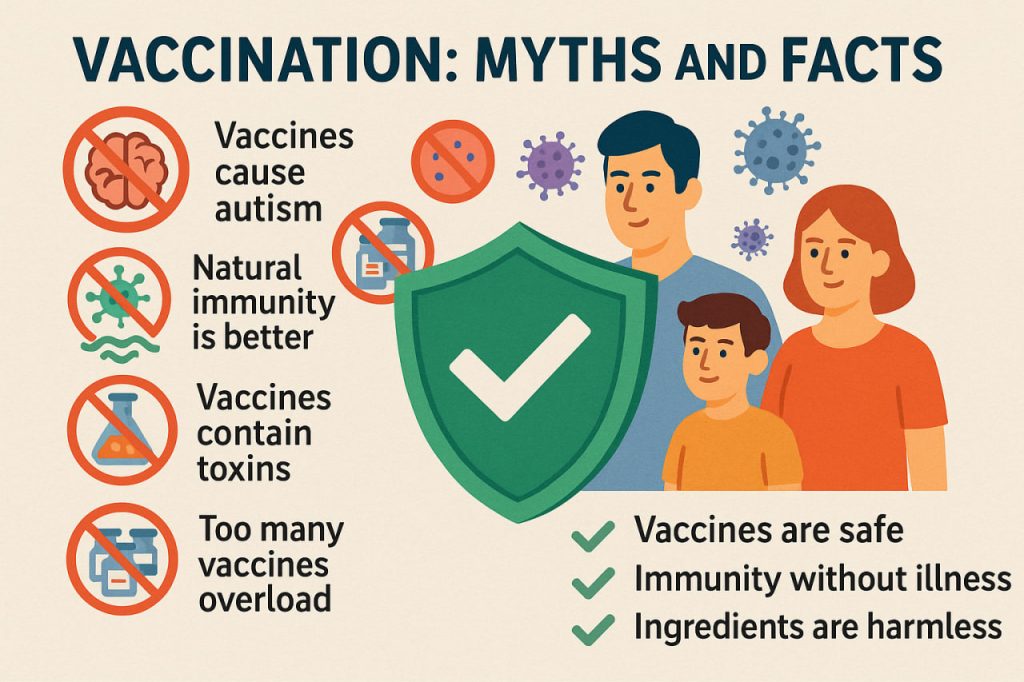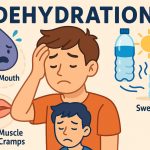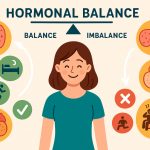Vaccines are one of the greatest achievements in medical history. They have saved millions of lives by preventing deadly and contagious diseases like measles, polio, and smallpox. Yet despite overwhelming scientific evidence, vaccination is often surrounded by myths and misinformation. Understanding the truth is essential for making informed health decisions.
How Do Vaccines Work?
Vaccines train the immune system to recognize and fight specific pathogens. They typically contain:
- Inactivated or weakened viruses
- Fragments of bacteria or proteins
- Messenger RNA (mRNA) in newer vaccines
These components are harmless but trigger an immune response, teaching the body to remember the invader. If exposed later, your immune system responds faster and stronger, preventing illness.
Common Myths vs. Scientific Facts
Myth 1: Vaccines cause autism
Fact: This claim was based on a discredited 1998 study that has been fully retracted. Numerous large-scale studies have found no link between vaccines and autism.
Myth 2: Natural immunity is better than vaccine-induced immunity
Fact: While natural infection may offer immunity, it comes with the risk of serious illness, complications, or death. Vaccines offer protection without the danger of disease.
Myth 3: Vaccines contain harmful toxins
Fact: Vaccines may include stabilizers and preservatives in tiny, regulated amounts that are safe. Ingredients like aluminum and formaldehyde are present in much lower levels than found in everyday foods or the environment.
Myth 4: Too many vaccines overload the immune system
Fact: A healthy immune system can handle thousands of pathogens daily. Multiple vaccines do not weaken immunity—they strengthen it by building defenses.
Myth 5: Once diseases are rare, we no longer need vaccines
Fact: Diseases can return quickly if vaccination rates drop. Measles outbreaks have occurred in areas with low immunization. Herd immunity protects those who cannot be vaccinated, like newborns or people with medical conditions.
Benefits of Vaccination
- Protects individual and public health
- Prevents outbreaks and pandemics
- Reduces hospitalizations and healthcare costs
- Eliminates or eradicates deadly diseases (e.g., smallpox)
- Helps develop long-term immunity
Are Vaccines Safe?
Yes. Before approval, vaccines undergo extensive clinical trials and long-term monitoring. They are continuously evaluated for safety and effectiveness by health agencies like:
- World Health Organization (WHO)
- Centers for Disease Control and Prevention (CDC)
- European Medicines Agency (EMA)
Mild side effects like fever or soreness at the injection site are normal and temporary. But, before any vacciantion please – consult with your doctor first
Conclusion
Vaccines are a safe, proven tool that protect individuals and entire communities from dangerous diseases. By understanding the science and rejecting misinformation, we empower ourselves—and others—to stay healthy. Informed decisions save lives.
Please never self-medicate. Consult your doctor before any vaccination
Glossary
- Pathogen: A microorganism that causes disease
- mRNA Vaccine: A new type of vaccine that uses genetic instructions to stimulate immunity
- Herd Immunity: Protection that occurs when enough people are immune, reducing disease spread
- Immune Response: The body’s defense reaction to foreign substances


